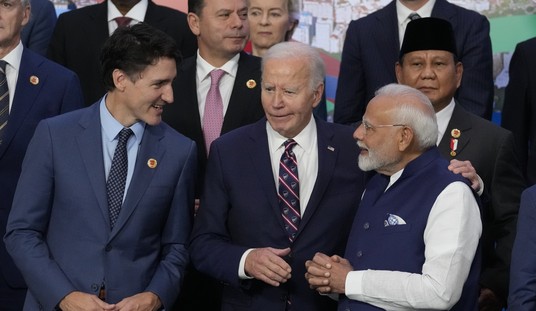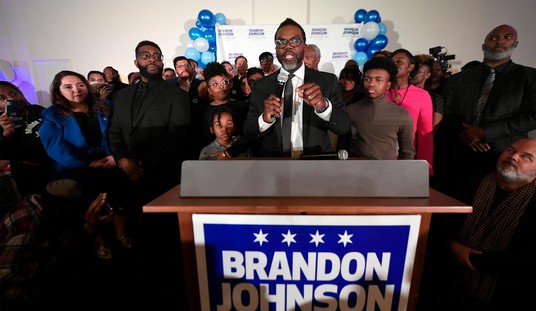There are some tormented souls in this world who find self-evident and observable realities to be sources of endless frustration. For them, having a point of view which is not shared by the majority is so vexing that they are simply unable to accept it. They wonder the Earth in the tortured search for evidence that their ideology is no outlier, that they’re a part of a secret and silent majority. Fortunately, there is always a pollster or two out there willing to assist in this self-delusion.
To wit, a July 30 – August 3 Wall Street Journal/NBC News survey of Americans which asked respondents whether or not United States policy toward Israelis and Palestinians should be even-handed. You will not be shocked to learn that Americans want their country’s foreign policy to be fair-minded and neutral.
53 percent of those surveyed said the United State should not “favor one group over the other” in the present conflict between Israel and Palestinians. A minority, 34 percent, said that America should back Israel while another 4 percent said the United States should support Palestinians.
These results may seem incongruous with the other finding in this poll. A plurality,44 percent, said that Israel’s actions in Gaza – even those which the State Department called “disgraceful” – are “justified.” Another 32 percent said that Israel had “gone too far,” while 24 percent said they were not sure.
But the findings of this survey are neither inconsistent nor surprising. Note that survey framed the current crisis as an “Israeli-Palestinian conflict,” and not a war between Israel and Hamas, a group the U.S. State Department has labeled a terrorist organization. Furthermore, it does not take a social scientist to know that a majority of Americans prefer their country be fair and impartial in dealing with foreign actors (as opposed to terrorists). A rudimentary understanding of social desirability bias should have led WSJ/NBC pollsters to rethink this survey. Particularly so because this poll’s predictable results do not square with the findings of a number of other surveys which asked respondents essentially the same question.
For example, a WSJ/NBC News/Marist survey taken from July 28 – 31 indicated that 43 percent of Americans back Israel while just 14 percent support the various Palestinian factions in this conflict. But a more refined version of this question which asked Americans whether they back Israel over the actual combatant in this conflict, Hamas, found an even sharper divide. Only 7 percent of all respondents said they support Hamas while 54 percent backed Israel.
These findings are supported by a Gallup poll conducted from August 2 – 3. That survey, which also made the crucial distinction between Hamas and the Palestinian Authority, found that while 42 percent of the public believes Israel’s actions in Gaza are justified, 39 percent believe they are not. That leaves one with the impression that there may be some merit to the NBC/WSJ poll’s results. However, Gallup also found that the public is far less forgiving of Hamas; only 11 percent said that group’s actions in Gaza are justified while an overwhelming 70 percent said that they are not.
Moreover, these findings are nearly identical to those of a Gallup poll conducted during a conflict between Israel and the Palestinian Authority in 2002. Then, more said Israel’s actions in that conflict were justified (44/34 percent) while a similar number of Americans were more skeptical of the justification for the P.A.’s actions (17/62 percent). This indicates that Americans’ views are not even especially dependent on the changing circumstances in Israel and the Palestinian territories. After 12 years, Americans’ support for its chief ally in the Middle East is relatively static.
Even though the latest WSJ/NBC poll’s findings are deeply flawed, it has still served its purpose by giving left-of-center commentators statistical support for the illusion that Americans really want a policy that minimizes the historic alliance between Jerusalem and Washington. If that was the policy that Americans truly wanted, they would have it. But willful self-delusion is a powerful thing, particularly when there are willing pollsters out there happy to enable that condition.
This post has been updated since its original publication.









Join the conversation as a VIP Member